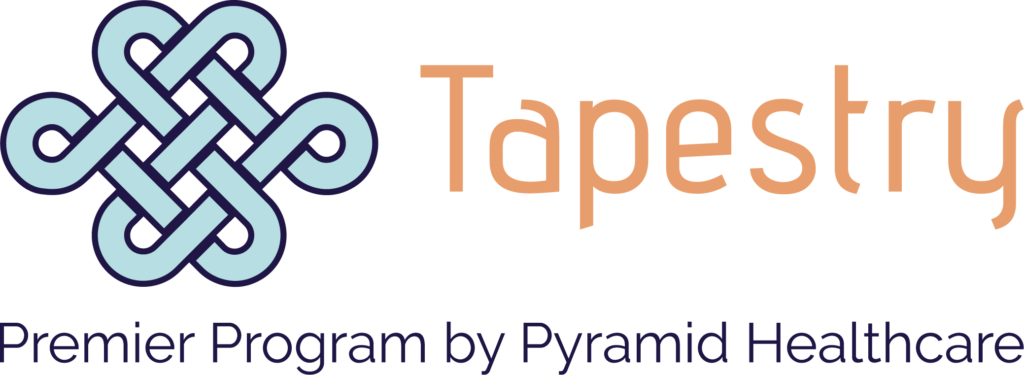How to Know if an Adult is Battling an Eating Disorder
Many adults will battle an eating disorder at some point in their life, though fewer will seek treatment.
This is not necessarily due to denial; rather, it is often because the disorder isn’t viewed as a disorder: The individual sees it as a diet rather than disordered eating. In other cases, the person simply doesn’t know what the signs of an eating disorder are.
Because understanding the signs of an eating disorder in adults is an initial step in early prevention and intervention, it’s important to be able to identify these signs and appropriately involve health professionals whenever necessary.
General signs of eating disorders in adults
The five most common eating disorders have their own specific signs. First, let’s take a look at some of the more general signs, as these are likely to clue you into a problem before attempting to give it a specific name.
A preoccupation with bodily appearance
Whether it’s binge-eating disorder, anorexia nervosa or muscle dysmorphia, an adult battling an eating disorder is likely suffering from bodily dissatisfaction and/or low self-esteem. This could be a result of societal pressures, like the culture’s obsession with looking forever young; it might be the direct result of an eating disorder, in the case of weight gain as a symptom of binge-eating.
Those who battle anorexia and bulimia are likely to have a preoccupation with maintaining thinness, as manifests in restrictive eating habits. No matter how much weight is lost, the diminished self-esteem and disordered view of one’s physical appearance always wants greater results, even if there’s no more weight to lose.
Withdrawing from social situations
Eating disorders are isolating, they may cause the individual to be ashamed and guilt-ridden and they do not broadcast themselves lightly. For this reason, an adult battling an eating disorder will likely begin to withdraw from family and friends, and limit the number of social situations they attend.
Parties, get-togethers and even Sunday brunches can quickly become unappealing if they include food and eating. Those combatting restriction, fear of eating, and other symptoms find these situations to be both triggering and overwhelming, and therefore avoid them entirely.
Frequent dieting
While diets do not automatically cause eating disorders, adults who frequently diet, or are always trying to adjust their weight by dieting, are more at risk for developing an eating disorder.
An adult who is constantly jumping on the next dieting trend may exhibit eating disorder symptoms. This determination to exercise such control over one’s physical appearance could be linked to deeper rooted issues needing to be addressed.
Eating disorder specific signs
Each eating disorder is linked to specific signs, helping therapists to better determine appropriate treatment options. Some of these signs are included below.
Anorexia
- Characterized by the limiting of food intake to the point that one’s body weight drops dangerously lower than is healthy for one’s age, weight, sex, etc.;
- Believing oneself to be overweight even when they are significantly underweight, and acting in accordance with the belief they have more weight to lose;
- Daily activities, like exercising and eating, are controlled by an intense fear of weight gain.
Bulimia
- Reoccurring binge-eating episodes where one eats more than is needed, continues eating even when overly full and feels an overall lack of control or inability to stop eating even when increasingly uncomfortable;
- Behaviors like induced vomiting, over-exercising, skipping a number of meals or misusing laxatives or diet pills to compensate for the amount of food consumed during a binge;
- Using the restroom for long periods of time post meals;
- Numerous empty containers or wrappers from food items give evidence of binge-eating episodes;
- Tooth decay from excessive vomiting.
Binge-eating
- Losing control and eating more than needed, past the point of being full;
- A likelihood of being overweight as those who struggle with binge-eating do not compensate with purging behaviors;
- Likely feeling shameful or guilty about one’s eating habits, as well as shame/dissatisfaction in regards to physical appearance.
ARFID (Avoidant-Restrictive Food Intake Disorder)
- Strict restriction and or avoidance of food that results in dramatic, sudden weight changes;
- Food intake is dictated by fear — being afraid of choking or vomiting while eating, or worrying that a particular food could cause harm, severely limits food intake and results in serious malnutrition;
- Inability to regulate body temperature as a result of malnutrition is likely.
OSFED (Other Specified Feeding and Eating Disorder)
- Being heavily preoccupied with weight loss and calorie counting which manifest in food restriction, eliminating whole food groups and only drinking low calorie options;
- Having little or no appetite;
- Signs of binging or purging;
- Compulsively exercising;
- Inability to maintain one’s body heat as a result of malnutrition.
As each adult’s experience with an eating disorder is varied, not all of these signs will necessarily manifest. However, if more than one do present themselves and cause concern, it could be time to seek help for yourself, or to have an honest conversation with your loved one about your concerns.
Seeking eating disorder treatment for adults
We know eating disorders do not discriminate. Our treatment programs take into account each client’s personal story, as well as their recovery goals, to craft a holistic treatment program that promises to meet their needs.
If you’re interested in eating disorder treatment, reach out to Tapestry today or call (828) 490-4032.






